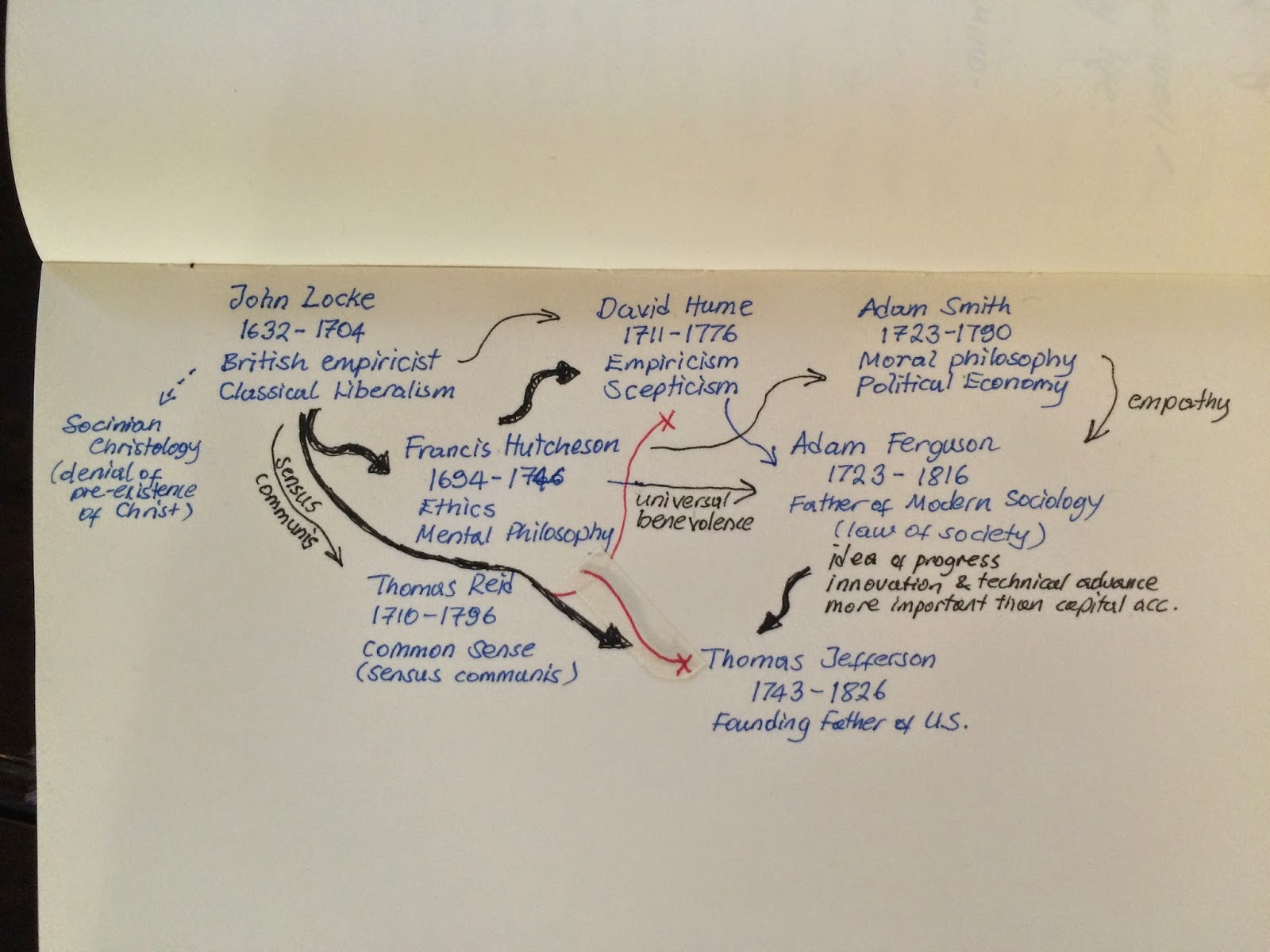In 2002, My bother and I, in a hotel room in Canberra, were listening to Turkish radio. The commentator announced “land-slide victory” of Islamist Justice and Development Party (AKP) winning the Turkish general elections. I cannot forget that grim expression on my brother’s face, he said “This is the End”.
Further back, I migrated to Australia in 1989, quarter a century ago, not because I had fascination with its natural beauties, and welcoming people, which are undoubtedly true, but because I felt I had irreconcilable and painful differences between my philosophy and the one imposed by the mainstream Turkish culture I had grown up with.
Regardless, I continued to admire Turkish people who shared similar values with me and who are sufficiently educated and wise to follow a more tolerant and humanistic life view, through which a strong sense of “fairness” remained the common denominator.
There is a beach in Gündoğan Bodrum, one my favorite spots in Turkey. It has a picturesque mosque standing next to beaches, and cafes, where waves of gentle Aegean Sea, caressing its white walls.
I like that mosque. It is tiny, loveable, simple, rural and unpretentious. But it is more than a mosque. Surrounded by beaches where tourists sunbath, and cafes where you have a beer to enjoy the sunset, for me, this area is the Nirvana of Humanity.
A pious Muslim praying inside, and I am, being an Atheist, sipping my beer in a neighbouring café, without bothering each other. Sharing the same air, being fair to each other. This was the Turkey I would never have left behind.
This Sunday there are local elections in Turkey. These elections are critical, a moment of truth, a great reckoning.
Either my compatriots will re-elect a corrupt, vicious, incompetent, intolerant, arrogant, divisive dictator or they say “enough is enough”, crash open the iron gate they let built twelve years ago, and rediscover their centuries old virtues, tolerance and fairness.
It is in this perspective I am with virtuous people of Turkish land, religious or not. So long as we remain faithful to “fairness”, a much better future will be ours and our children’s.
As always, there may be something to learn from bad dreams. But nightmares are nightmares. Life is real and meant to be beautiful.










